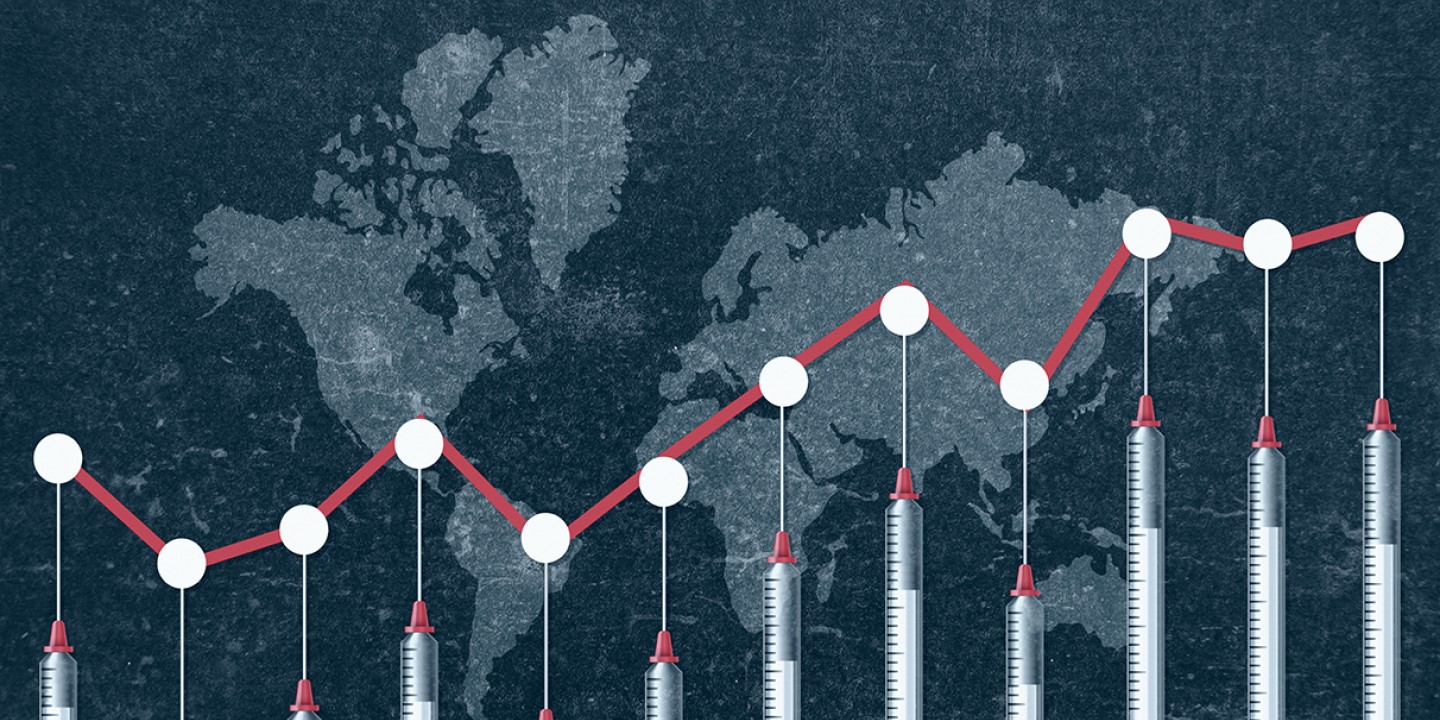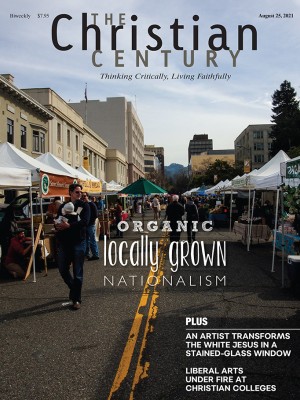The inequity caused by vaccine nationalism is deadly
Why many low-income countries aren’t getting the doses they need

In late July, Kenyan president Uhuru Kenyatta decried “vaccine nationalism” while he was in England for the Global Education Summit. Of Kenya’s 53 million people, fewer than 2.4 percent have been vaccinated against COVID. The government has the money to purchase the vaccine, Kenyatta told reporters, but it isn’t available because several high-income countries have already reserved all of the doses that manufacturers can produce for the foreseeable future.
As the delta variant races across the world, disparities in vaccine access are becoming starker—and the consequences deadlier. A study published last month by the Kaiser Family Foundation found that on average “only 1% of those in low-income countries have received at least one vaccine dose compared to 51% in high-income countries.” And countries with low vaccination rates are particularly susceptible to the evolution of new variants.
Read our latest issue or browse back issues.
This problem has no easy solution, because there are multiple barriers to vaccine equity. Moving vaccines across borders involves logistical and legal difficulties, some of which have hindered the Biden administration’s plan to distribute large shipments of vaccines to low-income countries. Nearly expired vaccines are hard to donate since potential recipients usually don’t have the capacity to administer large numbers of vaccines on short notice.
One fast way to close the vaccine gap would be to increase supply by setting up local manufacturing plants around the world and equipping them with the knowledge and equipment to make vaccines. But this plan requires significant money (one estimate puts the price tag at $25 billion), the willingness of pharmaceutical companies to share proprietary information, and a waiver of the World Trade Organization’s restrictions on transferring intellectual property.
These barriers aren’t insurmountable, but overcoming them requires sustained political will and international cooperation. It’s not easy to convince governments and corporations to act against their own interests. And it’s not easy to convince exhausted individuals to muster up the energy to help push the needle from profit margins toward greater equity.
Behind these difficulties lurks a simple truth about human nature: we are better at attending to the needs of neighbors nearby than attending to the needs of strangers at a distance. Rebecca Bratten Weiss writes about a “stunted spiritual anthropology that limits collective identity” in this issue as she examines how nationalism grows from within the local food movement. For Christians, this is a theological problem rooted in a failure of vision. When we can’t see—or can’t allow ourselves to care about—the needs of people beyond our immediate circles, we miss the fullness of who and what Christ is for the world.
“Our human connections extend beyond the immediate, stretching from region to region, nation to nation,” writes Weiss. Nothing has made this clearer in recent years than COVID. Advocates for global vaccine equity often point out that nobody is safe from the virus until everyone is safe. People of faith might make an additional argument: the way to live most abundantly is to see Christ in the stranger—and then provide what he needs.
A version of this article appears in the print edition under the title “Deadly inequity.”






